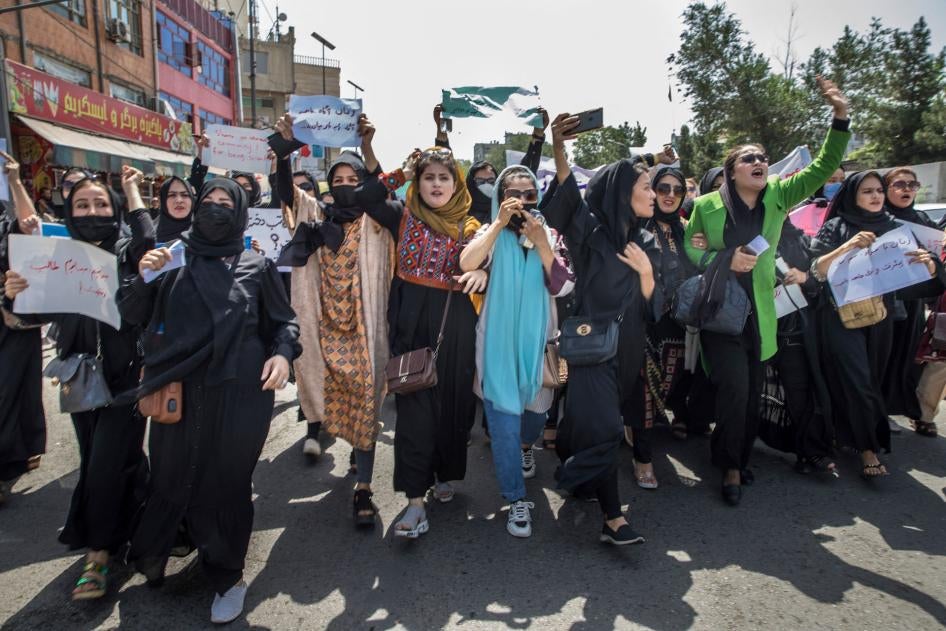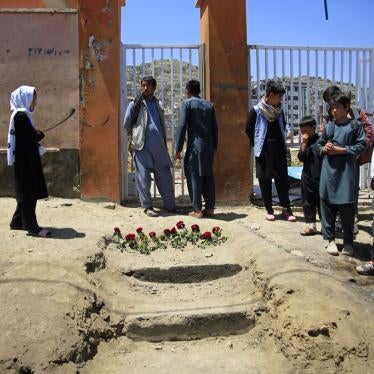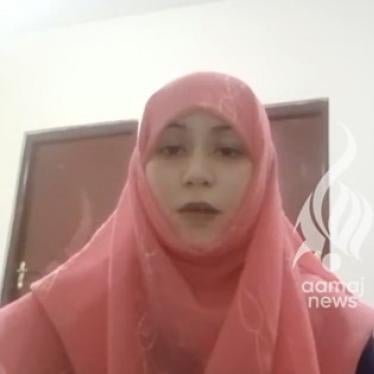The US “Afghanistan War Commission,” created in December 2021 to examine “key strategic, diplomatic, and operational decisions” the US made in Afghanistan, and to develop “lessons learned and recommendations for the way forward,” is beginning its work. One priority should be to examine US government pledges on women’s and girls’ rights in Afghanistan. The problem: none of the 14 men and 2 women appointed as commissioners are experts on women’s rights, and none are Afghan or from the Afghan diaspora.
Given that US leaders repeatedly cited the plight of Afghan women and girls under the Taliban as a justification for the war, this is troubling.
“The women and children of Afghanistan have suffered enough,” then-US President George W. Bush said in December 2001. “This great Nation will work hard to bring them hope and help.” The fight against the Taliban, First Lady Laura Bush said, was a “fight for the rights and dignity of women.”
“We will not abandon you. We will stand with you always,” then-Secretary of State Hillary Clinton told a group of Afghan women in 2010. Clinton pledged that year that the rights of Afghan women would not be “sacrificed” in pursuit of a deal with the Taliban. Yet, dismantling a system developed with US support to respond to gender-based violence was one of the Taliban’s first acts after gaining power in August 2021.
A year after the fall of Kabul, the dreams Afghan girls and women were encouraged to dream have been shattered: the Taliban bans girls from attending secondary schools and women from most jobs, making day-to-day survival increasingly difficult. Women’s and girls’ rights to free movement, association, and expression have been severely curbed. And contrary to previous pledges, US focus on evacuating Afghans who worked with US troops left women – including activists – out in the cold; only 7 to 10 percent of Afghan applicants for US special immigrant visas are women.
The Afghanistan War Commission should carefully consider US obligations to Afghan women, and ensure it has the expertise to do so. The Commission’s executive director is not appointed yet, providing an opportunity to seek someone with women’s rights expertise. The Commission should also ensure that its staff includes senior experts on women’s rights, including Afghan women.
It’s crucial that the Commission investigates and documents the US government’s failure to deliver most of its promises to Afghan women and sets out what can still be salvaged to help protect those living under the Taliban’s brutal rule and assist those who managed to flee abroad.










